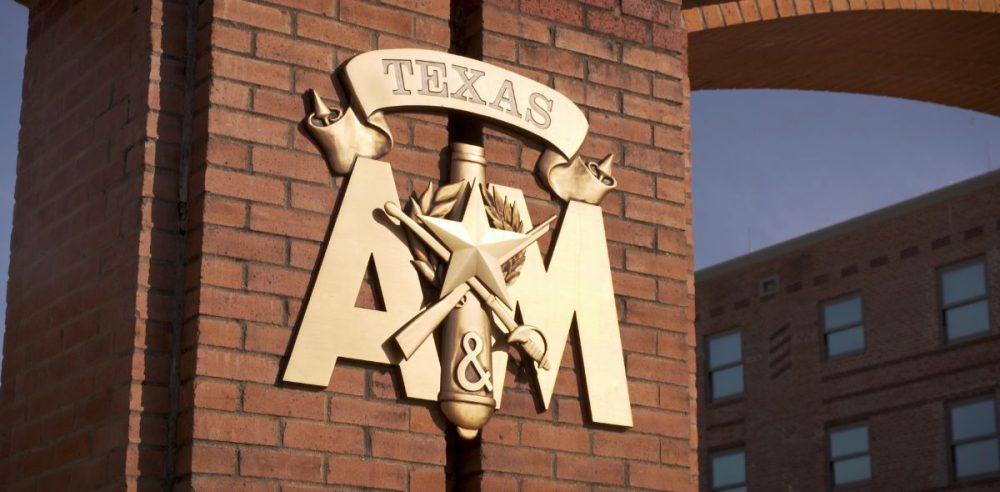The Texas A&M Veterinary Emergency Team was deployed to North Carolina to support search and rescue dogs working in the catastrophic aftermath of Hurricane Helene.
Although Hurricane Helene’s impacts are still being measured, it already ranks among the top 10 deadliest storms in U.S. history and the deadliest storm in North Carolina history.
Gov. Greg Abbott directed the 12-person team on Wednesday to care for the health needs of search and rescue dogs working in disaster zones.
“Working dogs play a critical role in the aftermath of disasters of this scale,” Dr. Deb Zoran, Veterinary Emergency Team (VET) director, told Texas A&M Today. “Our job is to make sure these highly trained dogs are in healthy, working condition — even as they search in areas with hazardous debris, rough terrain and flood waters.”
VET uses decontamination methods for dogs and their handlers when working in areas impacted by natural disasters.
“Flood waters and landslide areas left behind by disasters like Hurricane Helene are exceptionally dangerous to human and animal health,” Zoran told Texas A&M Today. “We work with the dog handlers to decontaminate the dogs in the field as they work and again when they return to the base of operations.”
Since the Texas A&M Task Force 1 Urban Search & Rescue team was founded in 1997, the university’s College of Veterinary Medicine and Biomedical Sciences has been a key supporter. Zoran was among the first veterinarians to assist the team’s working dogs.
Hurricane Helene marks VET’s fourth out-of-state response and first response to a crisis in North Carolina. It is the team’s second deployment to the East Coast due to the impacts of a hurricane. The first hurricane the team responded to was Hurricane Ian, which struck Florida in 2022.
In addition to VET, Texas A&M AgriLife Extension Service’s Disaster Assessment and Recovery agents were also sent to North Carolina to assist in recovery efforts.


